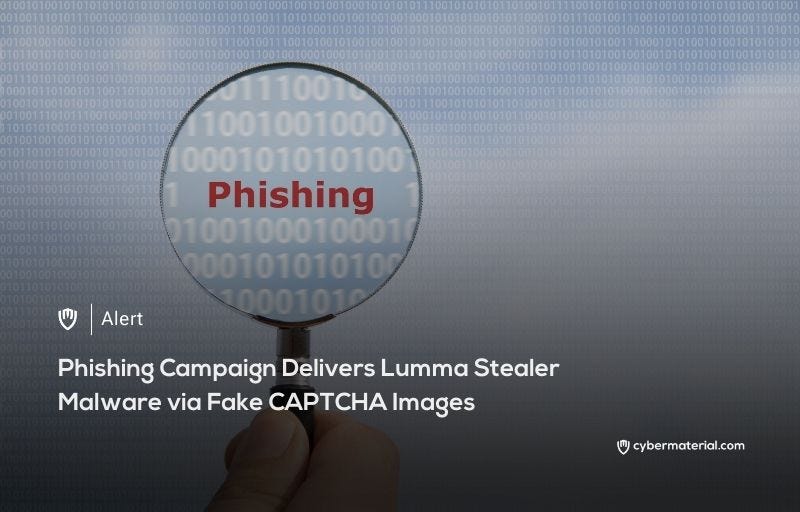
A recent cybersecurity discovery has revealed a large-scale phishing campaign that exploits fake CAPTCHA images in PDF documents to distribute Lumma Stealer malware. The campaign, identified by Netsk…

A recent cybersecurity discovery has revealed a large-scale phishing campaign that exploits fake CAPTCHA images in PDF documents to distribute Lumma Stealer malware. The campaign, identified by Netsk…